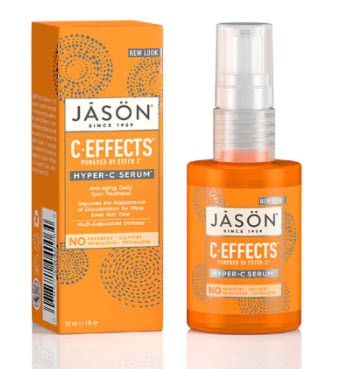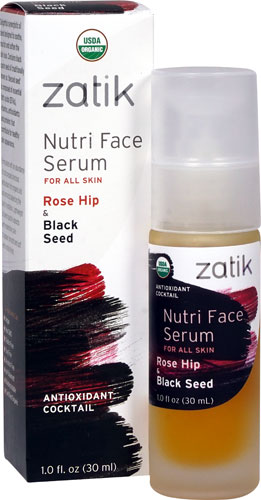The air we breathe remains dangerously dirty.
In 2020, about
68 million tons of pollution choked the skies of the United States. Among other things, air pollution increases the risk of lung cancer, heart disease, respiratory infections and asthma attacks. In 2019 alone,
air pollution caused nearly 6.7 million premature deaths around the world.
A lesser-known effect of air pollution is the damage it can do to our skin.

A
study published in 2019 in the journal Cosmetics lists some of the airborne contaminants that can potentially harm your skin:
- Carbon monoxide (found in vehicle exhaust).
- Sulfur dioxide (pumped out by coal-burning utility plants).
- Nitrogen oxides (also found in vehicle exhaust).
- Volatile organic compounds (emitted by gasoline and fuel oil).
- Ozone (emitted by cars, power plants, refineries and other sources).
- Particulate matter (a combination of solid and liquid particles or droplets of pollution from sources like wildfires, power plants, gas-burning vehicles and wood-burning fireplaces).
The study goes on to explain that these pollutants can lead to skin problems such as premature aging, rashes, eczema, formation of pigment spots and worsening of conditions like atopic dermatitis.
What is anti pollution skincare?
The proliferation of skin-endangering pollutants has given rise to anti-pollution skin care in a bid to protect our skin from premature aging and other pollution-related skin issues.
It’s worth noting, though, that “anti-pollution” isn’t a term regulated by the federal government because non-prescription products can’t be considered drugs,
according to HuffPost. This means brands aren’t legally obligated to follow any rules, and they can freely market a product as “anti-pollution.”
The term “anti-pollution” has been slapped on many kind of skincare products, including primers, face creams and facial spritzes, HuffPost says. Although skin care items can protect our skin from pollution, an anti-pollution product isn’t necessarily essential to achieve such protection.
A
study published in April 2021 in the journal Dermatologic Therapy found that “barrier creams” helped shield the skin from particulate matter. Barrier creams keep out harmful substances by protecting the skin’s barrier, or outermost layer.
Anti-pollution skin care products “typically work by forming a protective film over the skin, which prevents pollution particulate from attaching directly to or penetrating into the skin. They also help reduce the signs of inflammation or stress on the skin, through the use of antioxidants, or restore the skin barrier,” cosmetic chemist Valerie George, co-host of The Beauty Brains podcast, told HuffPost.
Dr. Michael Somenek, a board-certified facial plastic surgeon and skin care expert in Washington, D.C., says that just as SPF is now a key ingredient in skin care products aimed at preventing sun damage, anti-pollution skin care products are rising in popularity.
Other ways to protect your skin
Somenek says our skin is exposed to various contaminants that can trigger
inflammation, which then can lead to a buildup of free radicals in the skin. Ingredients in anti-pollution skin care products “are basically strong antioxidants that protect against the free radicals,” he says.
However, our skin is also subject to harm from dehydration, sun exposure, temperature changes and other skin-unfriendly factors, he says. Therefore, a “true” anti-pollution skin care routine should guard against pollution and any other potential enemy. Somenek recommends looking for skin care products that include beneficial ingredients like vitamin E,
vitamin C, retinoids,
hyaluronic acid, zinc oxide, vitamin B3 and bisabolol (an essential oil).
Susanne Kaufmann, a supplier of skin care products, points out that no single product can deliver complete anti-pollution protection. Rather, the company says, a strict skin care ritual should get the job done. This includes:
Featured Product

 A study published in 2019 in the journal Cosmetics lists some of the airborne contaminants that can potentially harm your skin:
A study published in 2019 in the journal Cosmetics lists some of the airborne contaminants that can potentially harm your skin:




